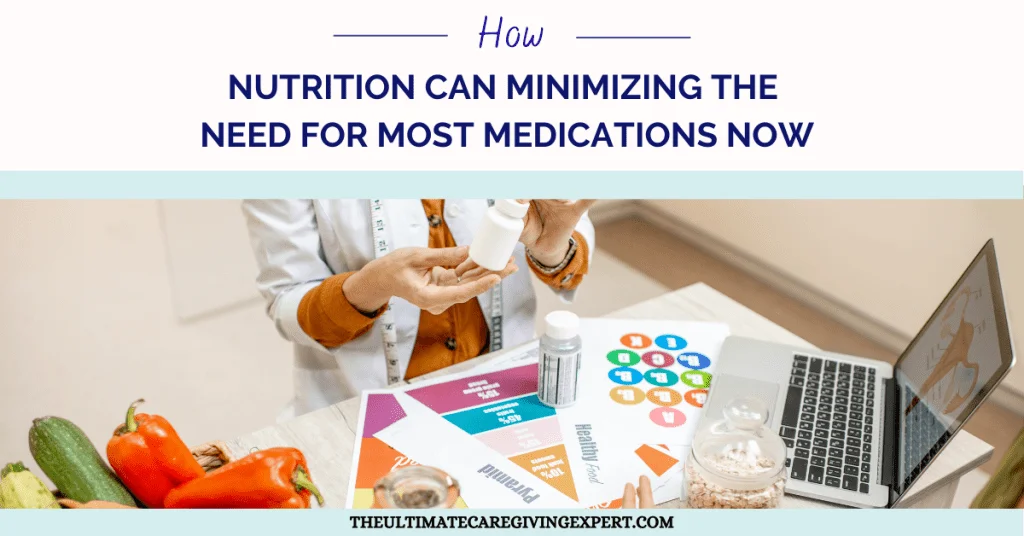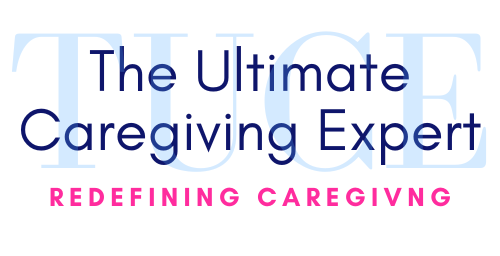How Nutrition Can Minimizing The Need For Most Medications Now

Nutrition and medications
They are both critical components of healthcare. Nutrition refers to the intake of nutrients through food and supplements necessary for maintaining good health and preventing diseases. Medications, on the other hand, are substances used to treat, cure, or prevent illnesses.
In some cases, nutrition can help reduce the need for medications. For example, a healthy diet and regular exercise can help manage chronic conditions such as type 2 diabetes and high blood pressure, reducing the need for medications. Similarly, certain nutrients like omega-3 fatty acids and vitamin D can be anti-inflammatory and help alleviate symptoms of conditions like rheumatoid arthritis.
However, it’s important to note that nutrition cannot replace medications in all cases. Some conditions require medications for proper treatment, and stopping medicines without consulting a healthcare professional can be dangerous. Therefore, it’s essential to work with a healthcare team to determine the best course of treatment, which may include a combination of medications and lifestyle changes like nutrition and exercise.
Making good choices
Making good choices with nutrition and medication involves understanding the benefits and potential risks and using them appropriately to support overall health and wellbeing.
When it comes to nutrition, making good choices means consuming a balanced diet that provides all the necessary nutrients, vitamins, and minerals the body needs to function correctly. This includes eating plenty of fruits, vegetables, whole grains, lean proteins, and healthy fats while limiting processed foods, added sugars, and saturated fats. Making good choices with nutrition can help reduce the risk of chronic diseases, maintain a healthy weight, and promote overall wellness.
When it comes to medications, making good choices means following the advice of healthcare professionals, taking medications as prescribed, and understanding the potential side effects and interactions with other drugs or supplements. In addition, it’s essential to communicate openly with healthcare providers about any concerns or questions regarding medications and to avoid self-medication or changing medication doses without consulting a healthcare professional. If your loved one has difficulty cooking or eating alone, explore resources like family caregiver essentials for practical support and meal delivery ideas.
Food is essential when it comes to our health.
Immunity and our loved ones- the role of Nutrients and Medications
- Poor dietary habits
- Improper nutritional status of the individual
- Existing chronic medical conditions
Foods that boost the immunity of our loved ones
Garlic
Cantaloupe
Almonds
Pumpkin seeds
Essential nutrients for our loved ones
B vitamins
These are a group of water-soluble vitamins that play numerous essential roles in the body. For example, they help convert food into energy, support brain function, promote healthy skin and hair, and help maintain a healthy nervous system. B vitamins are also crucial for red blood cell production, which is necessary for delivering oxygen to the body’s tissues. Foods high in B vitamins include whole grains, leafy greens, dairy products, eggs, and meat. In addition to getting B vitamins from food sources, some people may benefit from taking B vitamin supplements, particularly if they have a deficiency or are at risk of a defect due to their diet or health condition. Incorporating B vitamins into a balanced diet can support overall health and help prevent certain health conditions.
Calcium and Vitamin D
They are vital nutrients that play numerous essential roles in the body. Calcium is necessary for building and maintaining strong bones and teeth, while vitamin D helps the body absorb calcium and support bone health. Vitamin D also plays a crucial role in supporting immune function and promoting overall health. Low calcium and vitamin D levels can increase the risk of osteoporosis, a condition characterized by weak and brittle bones that are more prone to fractures. Calcium can be found in dairy products, leafy greens, and fortified foods, while vitamin D can be obtained through sun exposure and certain foods like fatty fish and fortified products. Incorporating calcium and vitamin D into a balanced diet can support overall health and help prevent certain health conditions.
Potassium
Fiber
Omega 3 fatty acids
Magnesium
Conclusion
If you’re feeling overwhelmed with caregiving responsibilities, explore caregiving consulting services for personalized support and planning.
Finally, take care of yourself too. As a caregiver, your health matters just as much as your loved one’s. Learn to manage stress, maintain balance, and nourish your own body as part of your caregiving journey.
